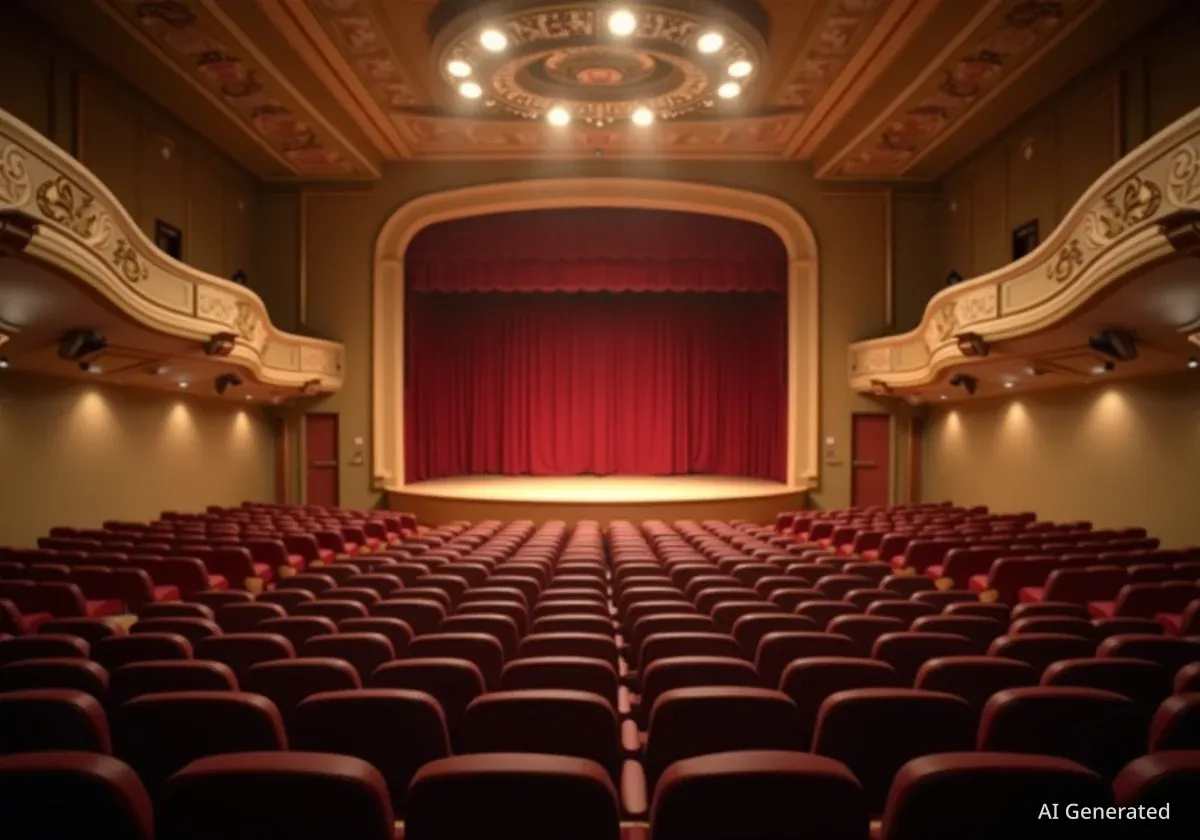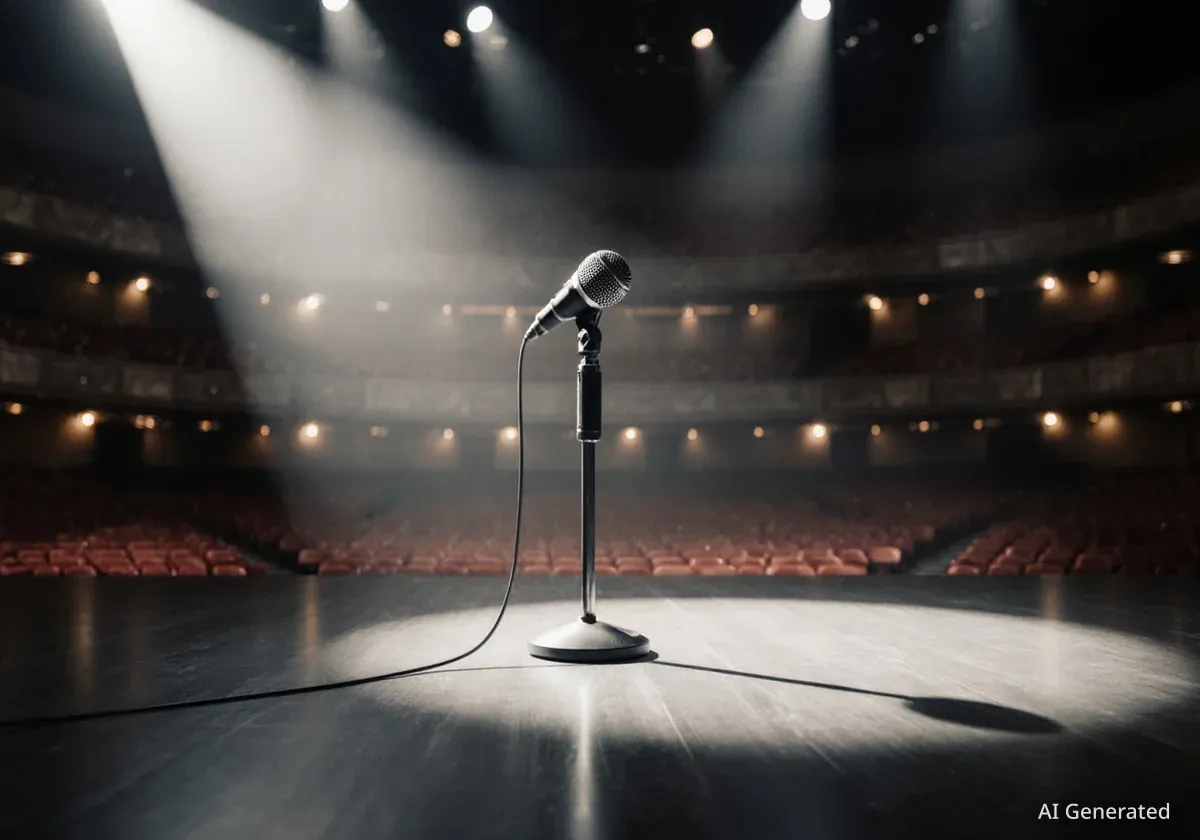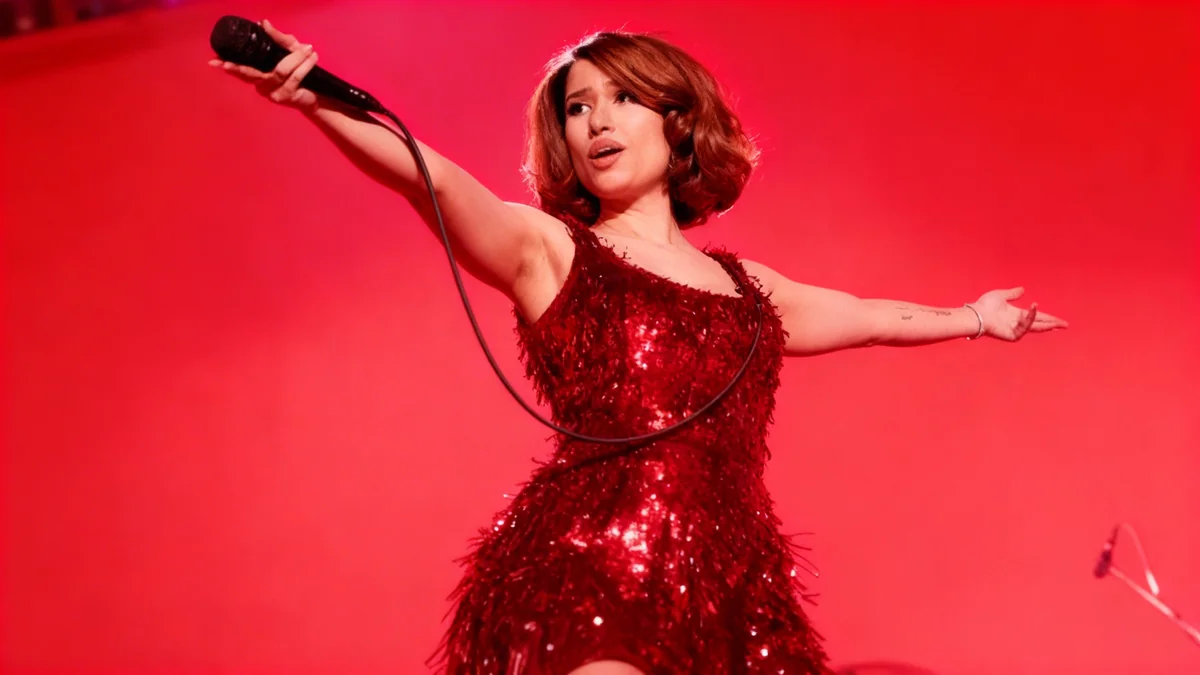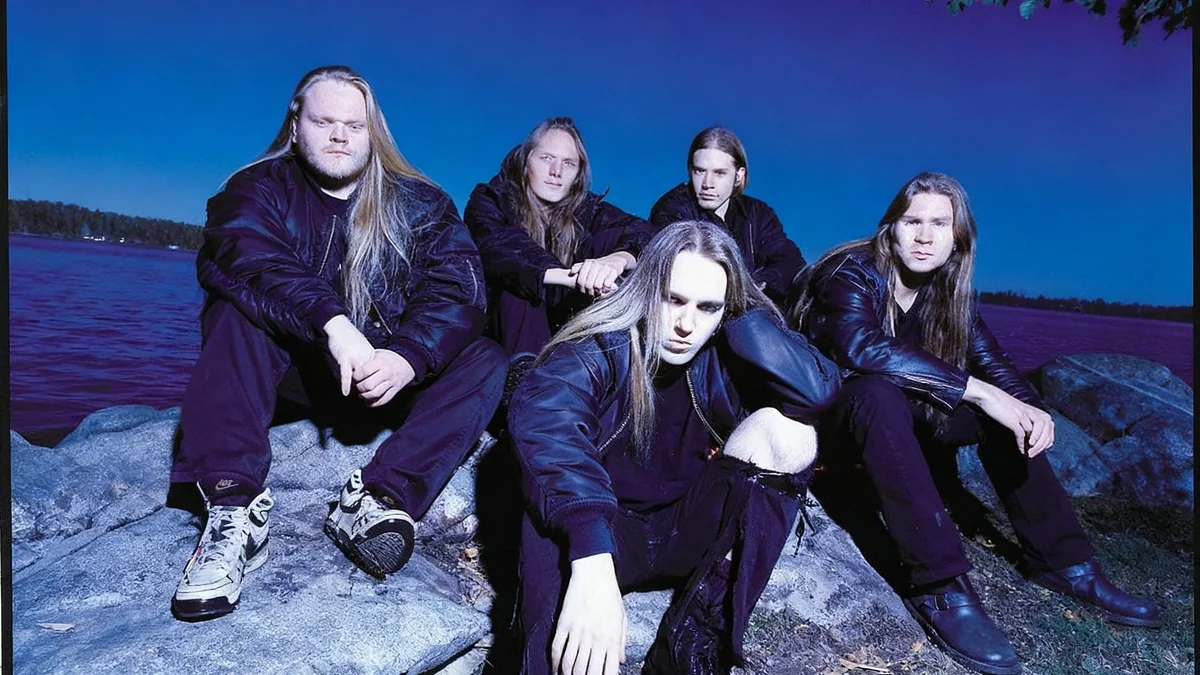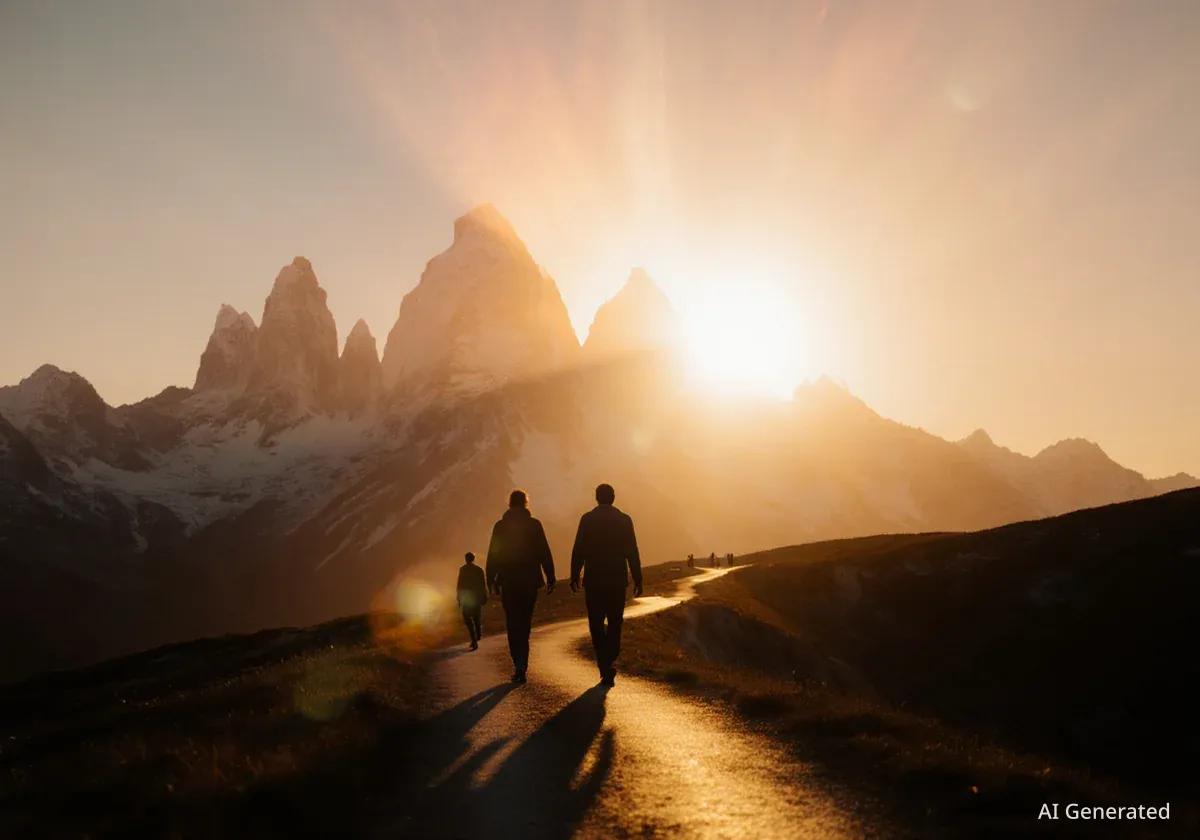The Aga Khan Music Programme has announced the 11 winners of its prestigious 2025 Aga Khan Music Awards. These awards celebrate artists, groups, and institutions dedicated to preserving and reinterpreting musical heritage rooted in Islamic cultures. This year marks the first time the awards ceremony will take place in the United Kingdom, with celebrations scheduled for November 21 and 22 at London's Southbank Centre.
The laureates include a diverse range of musicians from across the globe, recognized for their contributions to spiritual insight, community vitality, and cultural resilience through music. The awards aim to foster pluralism and global understanding, aligning with the broader mission of the Aga Khan Music Programme.
Key Takeaways
- 11 winners announced for the 2025 Aga Khan Music Awards.
- Awards celebrate musical heritage shaped by Islam and promote pluralism.
- Ceremony to be held in London for the first time, part of a four-day festival.
- Laureates include Ustad Naseeruddin Saami, Warsi Brothers, Kamilya Jubran, and Sahba Aminikia.
- Winners receive prize money and professional development opportunities.
Celebrating Musical Heritage and Innovation
The 2025 Aga Khan Music Awards honor individuals and groups whose work not only sustains but also reimagines living musical heritage. This heritage is deeply shaped by Islamic cultures, emphasizing spiritual insight, community vitality, and cultural resilience. The selection process involved an independent seven-member Master Jury, which reviewed over 400 initial nominees.
Among the notable winners are legendary khyal maestro Ustad Naseeruddin Saami and the distinguished qawwals, the Warsi Brothers. Both their musical lineages trace back to Amir Khusrau, the Sufi poet and musician from the 13th century. Khusrau is widely credited with establishing the qawwali and khyal traditions, making him a symbol of cultural pluralism in South Asia.
"I am honoured to carry forward a vision deeply rooted in my father’s belief in the power of music to bridge cultures and uplift the human spirit. The Aga Khan Music Awards reflect values that lie at the heart of the Aga Khan Development Network: pluralism, intercultural dialogue and the spiritual connection that communities around the world find in music."
Special Recognition for Enduring Legacies
Three laureates received special awards this year. The Warsi and Saami families are recognized for their unbroken connection to Amir Khusrau's legacy. For over seven centuries, the music and poetry of Khusrau's disciples have promoted harmony and connection, demonstrating art's power to unite diverse communities. These families are considered the foremost guardians of this living heritage today.
Did You Know?
- The Aga Khan Music Awards were established in 2018.
- They are governed by an Advisory Council co-chaired by His Highness Prince Rahim Aga Khan V and Prince Amyn Aga Khan.
- The awards are open to artists regardless of gender, geography, religion, or nationality.
A Global Showcase of Talent
The list of 2025 laureates spans multiple countries and musical traditions. From Bahrain, the Qalali Folk Band is recognized for preserving the cultural memory of the nation's pearl divers through their performances of sawt and fijri music. Fijri, the traditional music of Bahraini pearl divers, was inscribed on UNESCO's Representative List of the Intangible Cultural Heritage of Humanity in 2021.
Palestinian oud player and vocalist Kamilya Jubran is celebrated as a trailblazer in contemporary Arabic music. Her work draws on her Palestinian roots while exploring new creative directions and cross-cultural collaborations. She also supports emerging artists through her non-profit organization, Zamkana, championing freedom of expression.
The Aga Khan Music Programme's Mission
Founded in 2000, the Aga Khan Music Programme (AKMP) supports the vital role of music and musicians in societies shaped by Islam. It works with artistic communities across Central Asia, the Middle East, North Africa, Europe, South Asia, and West Africa. AKMP views music as a powerful expression of human spirituality and a means to foster tolerance, curiosity, and pluralism. The programme not only sustains traditional forms of music but also champions contemporary projects by artists inspired by tradition.
Impact Beyond Performance
Beyond the stage, many laureates demonstrate a strong commitment to social impact. Iranian composer Sahba Aminikia, a winner this year, founded the Flying Carpet Festival. This multi-disciplinary traveling arts festival brings joy and healing to Syrian, Turkish, and Kurdish children affected by war and conflict. Established in 2018, the festival is based in Mardin, Türkiye, a region that has welcomed tens of thousands of Syrian refugees.
Lebanese composer and performer Farah Kaddour, recognized for expanding the expressive potential of the buzuq, links her creative work with Action for Hope. This foundation supports cultural development and humanitarian relief for communities displaced by war or poverty. These examples highlight the awards' emphasis on music's role in social cohesion and cultural resilience.
London Festival and Professional Development
The awards ceremony will be a central part of a four-day festival of music from the Great East. This event is presented in partnership with the EFG London Jazz Festival, which is now in its 33rd year. The festival, running from November 14 to 23, will bring musicians from around the world to London for a celebration of jazz and its influence across various genres and cultures.
In addition to a share of the prize fund, Aga Khan Music Awards recipients gain access to significant professional development opportunities. These include new commissions, recording projects, management support, and assistance for educational and preservation initiatives. Such support is crucial for artists working to sustain and evolve musical traditions.
Global Reach
- The Aga Khan Music Programme operates music schools and education development centers in Egypt, Kyrgyzstan, Pakistan, and Tajikistan.
- These centers reimagine traditional master-apprentice models for modern times.
Diverse Talents Recognized
Other laureates include Mariam Bagayoko from Mali, known as the “Nightingale of Bélédougou,” who masters the n'goussounbala, a large balafon. Senny Camara from Senegal offers a distinct feminine voice in kora music, addressing themes of gender equality and social justice. Hamid El Kasri from Morocco is a master of the Gnawa tradition, known for his powerful voice and collaborations with international artists.
Kyriakos Kalaidzidis from Greece, an oud player and scholar, highlights connections between Islamic and Euro-Mediterranean musical traditions. Derya Türkan from Türkiye, a classical kemençe player, blends Turkish traditions with jazz and European classical idioms, contributing to film soundtracks like the Academy Award-winning film Argo. This diverse group of winners underscores the awards' broad scope and commitment to celebrating musical excellence across various cultural landscapes.
